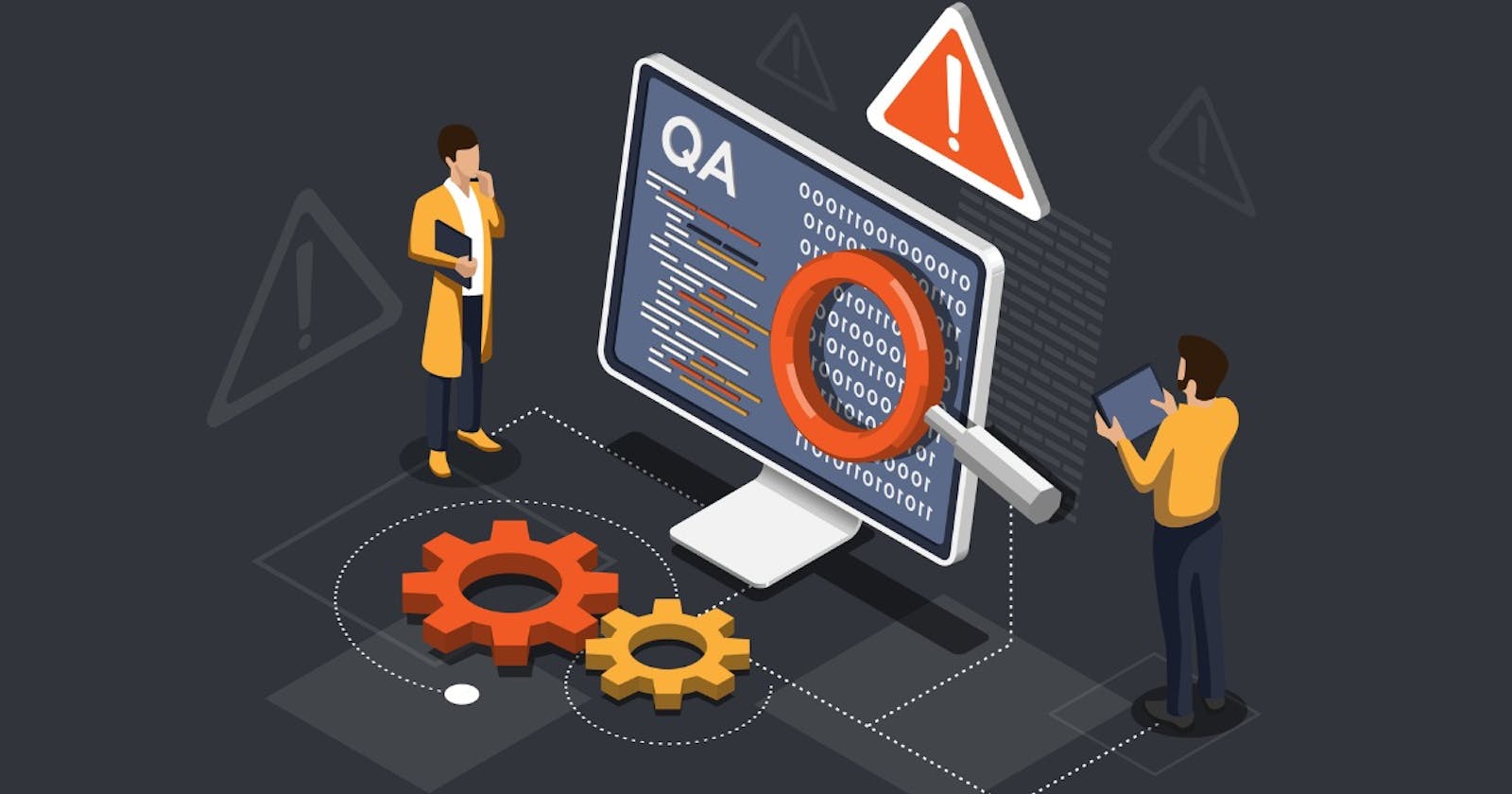If testing "Can Be Done by Anyone" then why do we need a tester?
The Myth of Anyone Can Test: Why Professional Testers Are Essential
In the dynamic world of software development, the notion that "anyone can test" is a common misconception. Some might argue that since software is used by people from various backgrounds, anyone can contribute to testing. While user feedback is valuable, the role of a professional tester is indispensable for ensuring the reliability, functionality, and quality of software. In this article, we'll explore the reasons why professional testers are essential, even when others can participate in testing.
The Complexity of Software Testing: Software testing is not just about clicking buttons and reporting issues; it is a multifaceted process that demands a deep understanding of the software's architecture, requirements, and user expectations. Professional testers have the expertise and experience to design test cases that cover various scenarios, from the most common to the edge cases, ensuring comprehensive test coverage.
Test Case Design and Strategy: Professional testers are skilled in developing test case designs and strategies that go beyond ad-hoc testing. They have a systematic approach to ensure that critical functionalities are thoroughly tested, risks are mitigated, and the software meets its intended purpose. These strategies may include unit testing, integration testing, regression testing, performance testing, and more.
Detecting Unusual Behaviors: While users can certainly find some issues during casual usage, they may not be equipped to identify subtle, intermittent, or complex issues. Professional testers have a knack for uncovering unusual behaviors in software that might be missed by untrained individuals. Their testing methodologies are built to find issues that could disrupt the user experience.
Regression Testing: When changes or updates are made to software, it's essential to perform regression testing to ensure that existing functionalities are not adversely affected. Professional testers have the knowledge and tools to automate these tests, saving time and resources while maintaining software quality.
Exploratory Testing: Exploratory testing, where testers creatively explore the software to find issues, is a skill honed through experience. Professional testers excel in this area, as their expertise enables them to think outside the box and simulate various user scenarios.
Effective Bug Reporting: Reporting issues is a crucial part of the testing process. Professional testers not only discover problems but also document them effectively, providing clear and detailed information for developers to understand and address the issues promptly.
Collaborative Efforts: Professional testers work closely with developers and other stakeholders to ensure that everyone is on the same page regarding the software's quality and potential issues. They foster collaboration and provide a bridge between different teams.
Quality Assurance and Continuous Improvement: Professional testers are at the forefront of quality assurance efforts, helping to establish quality standards, identify areas for improvement, and promote best practices. Their insights contribute to the overall quality of the software development process.
While involving users in testing is valuable, it is essential to recognize that professional testers bring a unique set of skills, knowledge, and experience to the table. Their expertise in test case design, strategy, and bug detection, as well as their role in regression testing and continuous improvement, makes them a vital part of the software development process. So, the next time you hear, "anyone can test," remember that professional testers play a critical role in ensuring the software meets the highest quality standards.

